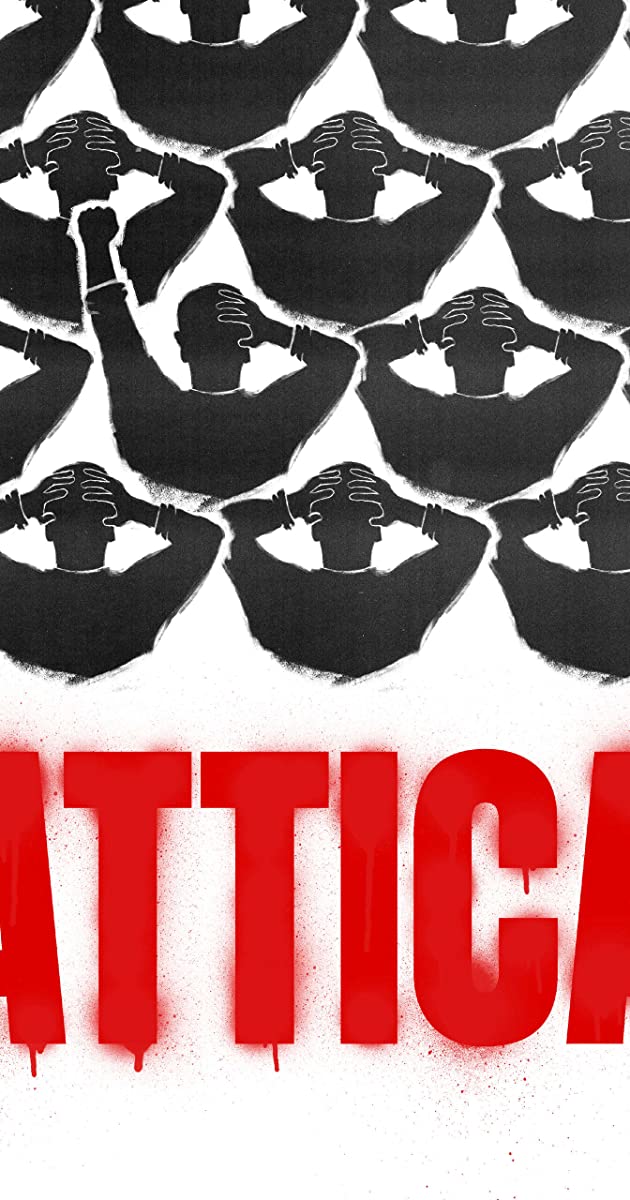
Follows the largest prison uprising in US history, conducting dozens of new interviews with inmates, journalists, and other witnesses.
You May Also Like

The extraordinary story of the 1971 Women’s World Cup, which was held in Mexico City and witnessed by more than 100,000 fans. This landmark tournament was dismissed by FIFA and written out of sports history – until now, with dazzling archival footage and interviews with the former players.
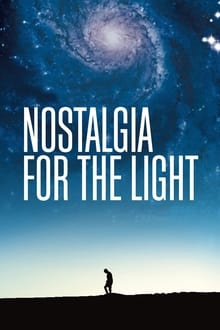
In Chile’s Atacama Desert, astronomers peer deep into the cosmos in search for answers concerning the origins of life. Nearby, a group of women sift through the sand searching for body parts of loved ones, dumped unceremoniously by Pinochet’s regime.
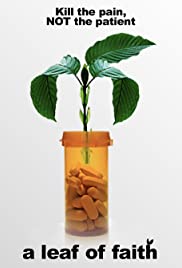
Documentary exploring a plant-based alternative to Opioid painkillers, which are responsible for the deaths of 30,000 Americans a year. It comes from a tree named Kratom, and it is able to alleviate pain and help overcome addiction without many of the side effects of Opioids.
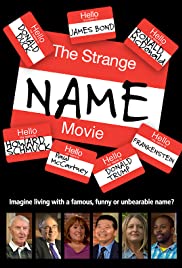
How do perfectly ordinary, normal people cope with the extraordinary challenge of an embarrassing, provocative, famous or unbelievable name? This documentary examines the phenomena of “strange names.”
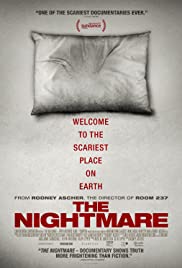
Eight people experience sleep paralysis, a condition which leaves them unable to move, speak or react.

A human story about a socially responsible company, “Dr. Bronner’s Magic Soapbox” documents the complicated family legacy behind the counterculture’s favorite cleaning product — Bronner’s son, 68-year-old Ralph, endured over 15 orphanages and foster homes as a child, but despite difficult memories, is his father’s most ardent fan.

An uplifting documentary about coping with inoperable cancer may sound unlikely, but here it is. Gordon was diagnosed eight years ago and began using the medium of queer comic books to confront his feelings and fears. He employs humour to get to the heart of taboos surrounding death and disease, weaving many of the wonderful carers and nurses he meets into his expressively illustrated world. Sage, sweet, and stimulating, it is also a long-distance love story between Edinburgh and Virginia, USA. We could all learn a thing or two about love, life – and death – from Gordon.

A surreal journey into singer José González’s inner world of thoughts and shadows. Staged with dark humour in the picturesque Swedish countryside around his home with Ruben Östlund’s regular creative partners behind the camera.
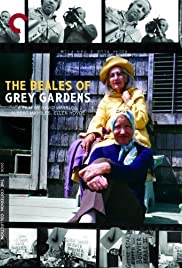
Mother and daughter – Big Edie and Little Edie Beale – live with six cats in a crumbling house in East Hampton. Little Edie, in her 50s, who wears scarves and bright colors, sings, mugs for the camera, and talks to Al and David Maysles, the filmmakers. Big Edie, in her 70s, recites poetry, comments on her daughter’s behavior, and sings “If I Loved You” in fine voice. She talks in short sentences; her daughter in volumes. The film is episodic: friends visit, there’s a small fire in the house, Little Edie goes to the shore and swims. She talks about the Catholic Church. She’s ashamed that local authorities raided the house because of all the cats. She values being different.
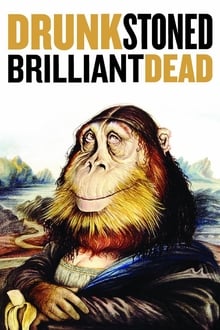
A look at the history of the American comedy publication and production company, National Lampoon, from its beginning in the 1970s to 2010, featuring rare and never before seen footage, this is the mind boggling story of The National Lampoon from its subversive and electrifying beginnings, to rebirth as an unlikely Hollywood heavyweight, and beyond. A humour empire like no other, the impact of the magazines irreverent, often shocking, sensibility was nothing short of seismic: this is an institution whose (drunk stoned brilliant) alumni left their fingerprints all over popular culture. Both insanely great and breathtakingly innovative, The National Lampoon created the foundation of modern comic sensibility by setting the bar in comedy impossibly high.
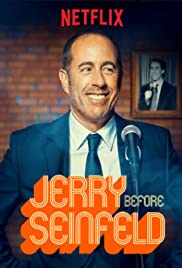
Jerry Seinfeld returns to the club that gave him his start in the 1970s, mixing iconic jokes with stories from his childhood and early days in comedy.

Chronicles the modern-day David and Goliath tale amidst North America’s housing crisis. During the pandemic, Khaleel Seivwright, a young Toronto carpenter, builds life-saving shelters for unhoused people facing the winter outside. His actions attracted international acclaim but also staunch opposition from the city government, portraying a compelling narrative set against the backdrop of societal challenges and governmental resistance.